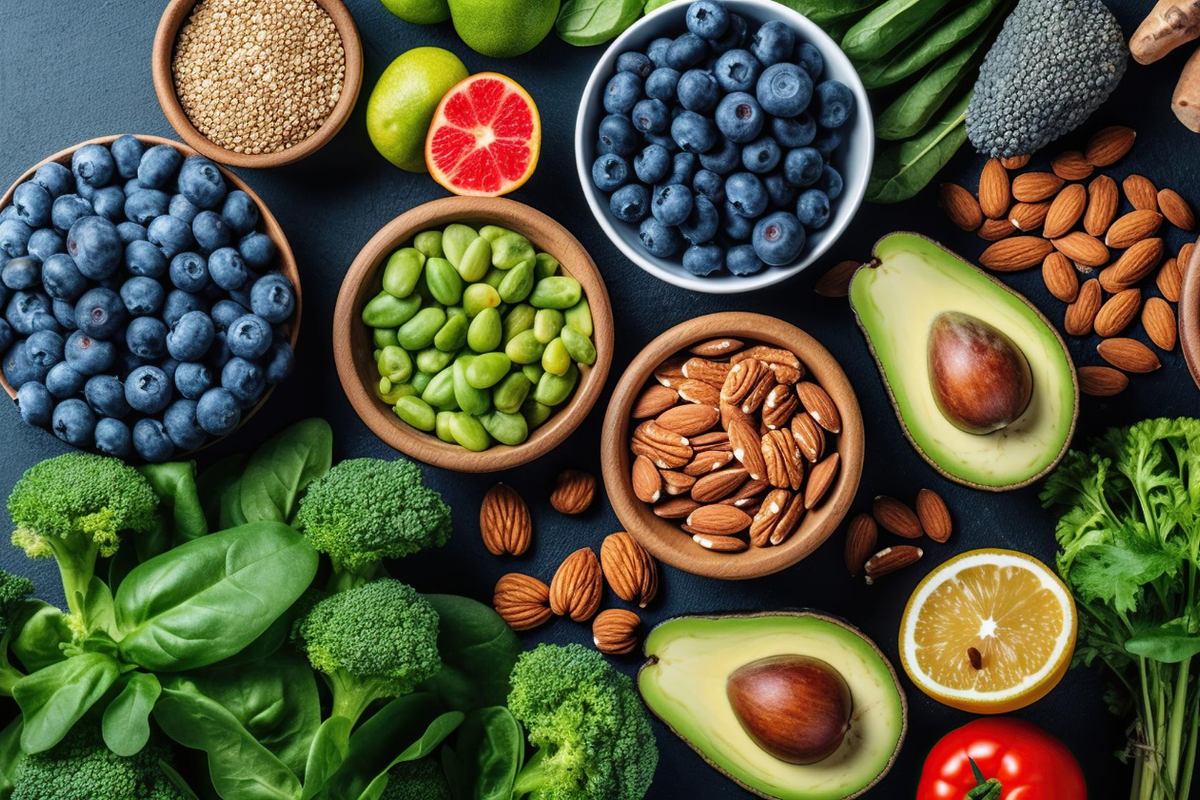Black cohosh is a plant that belongs to the buttercup family. It is different from blue cohosh and white cohosh, which are not related to it. Black cohosh has been used for centuries by Native Americans and Europeans for various health problems. The part of the plant that is most useful is the root, which contains compounds that may help with hormonal balance, bone health, and inflammation. However, not all of the claims about black cohosh are backed by scientific research.

Uses & Effectiveness
One of the most common uses of black cohosh is for relieving menopausal symptoms, such as hot flashes, night sweats, mood swings, and vaginal dryness. Some studies have shown that black cohosh can be as effective as hormone replacement therapy (HRT) or antidepressants for some women. However, other studies have found no benefit or mixed results. One possible reason for this discrepancy is that different products may have different amounts and quality of black cohosh extract. One product that has been well-studied and standardized is Remifemin, which contains a specific extract of black cohosh called CR BNO 1055.
Another use of black cohosh is for easing premenstrual syndrome (PMS) symptoms, such as cramps, bloating, irritability, and breast tenderness. Some research suggests that black cohosh may work by reducing the levels of a hormone called prolactin, which can cause PMS symptoms. However, more studies are needed to confirm this effect and to compare black cohosh with other treatments.
Black cohosh may also have some benefits for bone health, especially in postmenopausal women who are at risk of osteoporosis. Some animal and human studies have shown that black cohosh can stimulate bone formation and prevent bone loss. However, the mechanism of action is not clear and more research is needed to determine the optimal dose and duration of treatment.
Black Cohosh Side Effects and Precautions
Black cohosh is generally considered safe when taken in recommended doses for up to a year. However, some people may experience minor side effects such as stomach upset, headache, rash, or a feeling of heaviness in the legs. These side effects usually go away after stopping the use of black cohosh.
A more serious concern is the potential risk of liver damage from black cohosh. Although rare, there have been some reports of liver injury or failure in people who took black cohosh products. It is not clear whether these cases were caused by black cohosh itself or by contaminants or adulterants in the products. Therefore, it is important to choose a reputable brand of black cohosh that has been tested for purity and potency.
Also, people who have liver problems or take medications that affect the liver should consult their doctor before using black cohosh. Anyone who experiences signs of liver damage, such as yellowing of the skin or eyes, dark urine, or fatigue, should stop taking black cohosh and seek medical attention immediately.
Conclusion
Black cohosh is a natural remedy that may offer some relief for menopausal and PMS symptoms, as well as some protection for bone health. However, the evidence for its effectiveness and safety is not conclusive and more research is needed. People who want to try black cohosh should consult their doctor first and use a high-quality product that contains a standardized extract. They should also monitor their liver function and report any adverse effects to their doctor.








